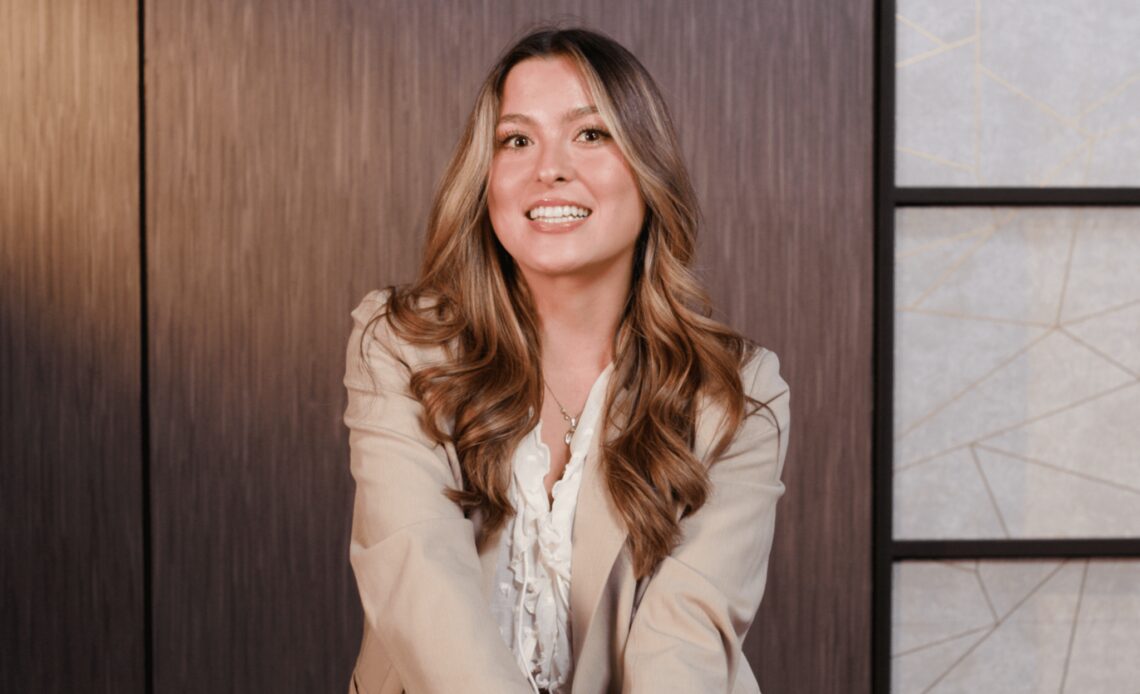As she told Fortune in a recent interview, Wolfermann put her entire weight behind her virtual brand the minute she shrugged off her cap and gown. It had been a long time coming; the digital native began constructing her image and building an audience as a freshman in college. By the time she graduated, she’d sustained a loyal following, which on TikTok alone has since swelled to over 963,000.
Wolfermann, by many accounts, has had a dream job. In a 2023 survey, nearly 60% of Gen Zers said they’d jump at the chance to be influencers, and three in 10 said they’d even pay to have a following.
They’d do well to hear from Wolfermann, who has seen the underbelly of the influencing ecosystem and would rather make less money with less autonomy in a run-of-the-mill corporate job than spend another day focusing entirely on self-promotion and flagellation.
“Part of the reason why so many people idolize social media, and want to make it their full-time job, is because it pays very well and it comes with a lot of incredible opportunities,” Wolfermann told Fortune. “That’s why there’s so much power in it, and there’s a lot of money in businesses and in marketing and definitely [more than] any other job that I would have gotten as a new grad.”
Wolfermann hopes, as she leaves influencing behind for a corporate role, that she lands somewhere she’s passionate about—probably in digital marketing or social-media management—and somewhere she’s excited to show up to each day. “But I don’t think it’ll pay me more than my yearly influencer salary.”
“Even though social media pays more than a corporate job, there’s a really nice feeling about having something steady,” she continued. “As an influencer, I can only assume I’ll make as much this year as I made last year.” But as a company employee, she wants to provide value to people in a way that she feels would be more impactful than her current scope of influencing allows.
TikTok influencing, as Wolfermann describes it, is essentially akin to a working actor shooting commercials. “Companies think about the budget that used to go towards producing a commercial, and they redirect it towards an influencer to create a commercial and post it,” she said. “That’s because marketing has changed. People aren’t scrolling through their TV channels anymore.”
But the money remains, and the lion’s share is left for an influencer like Wolfermann,…
Click Here to Read the Full Original Article at Fortune | FORTUNE…


